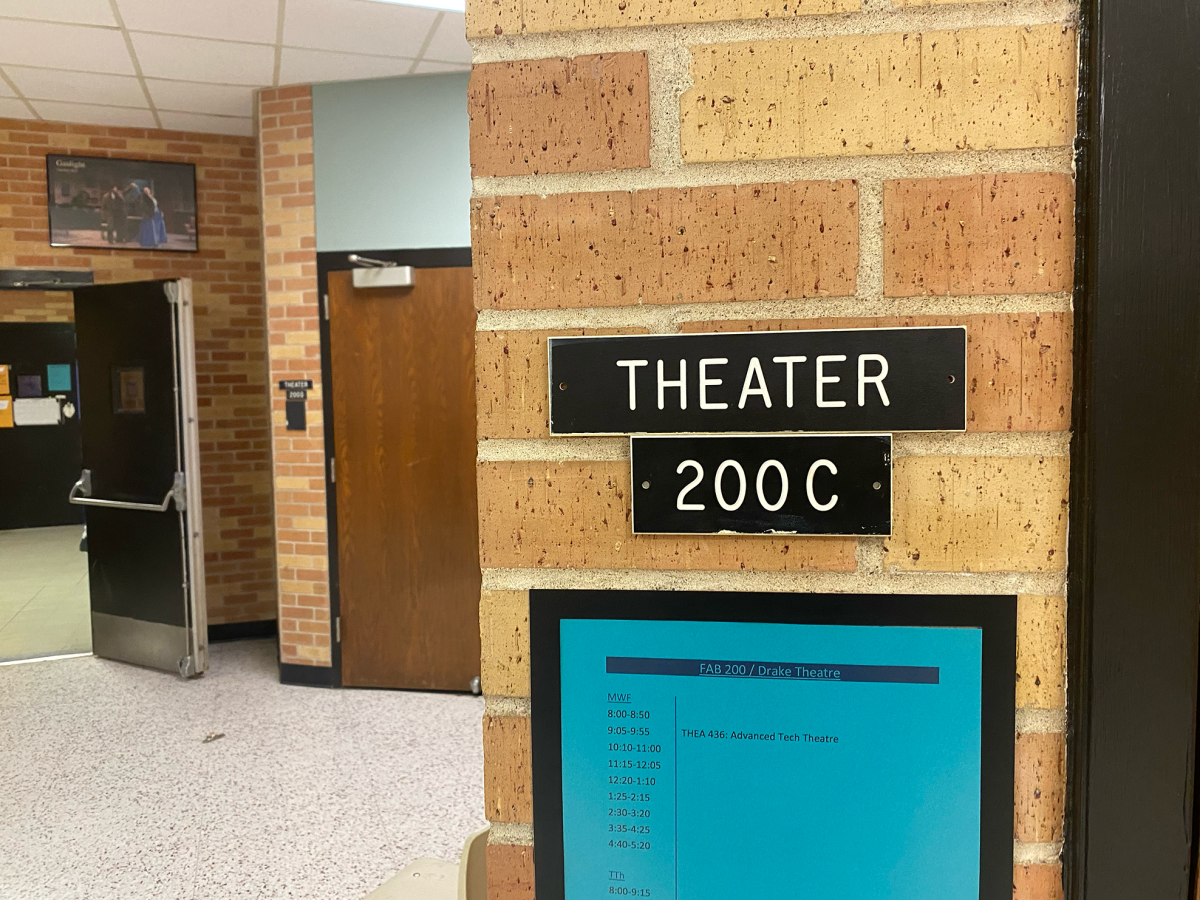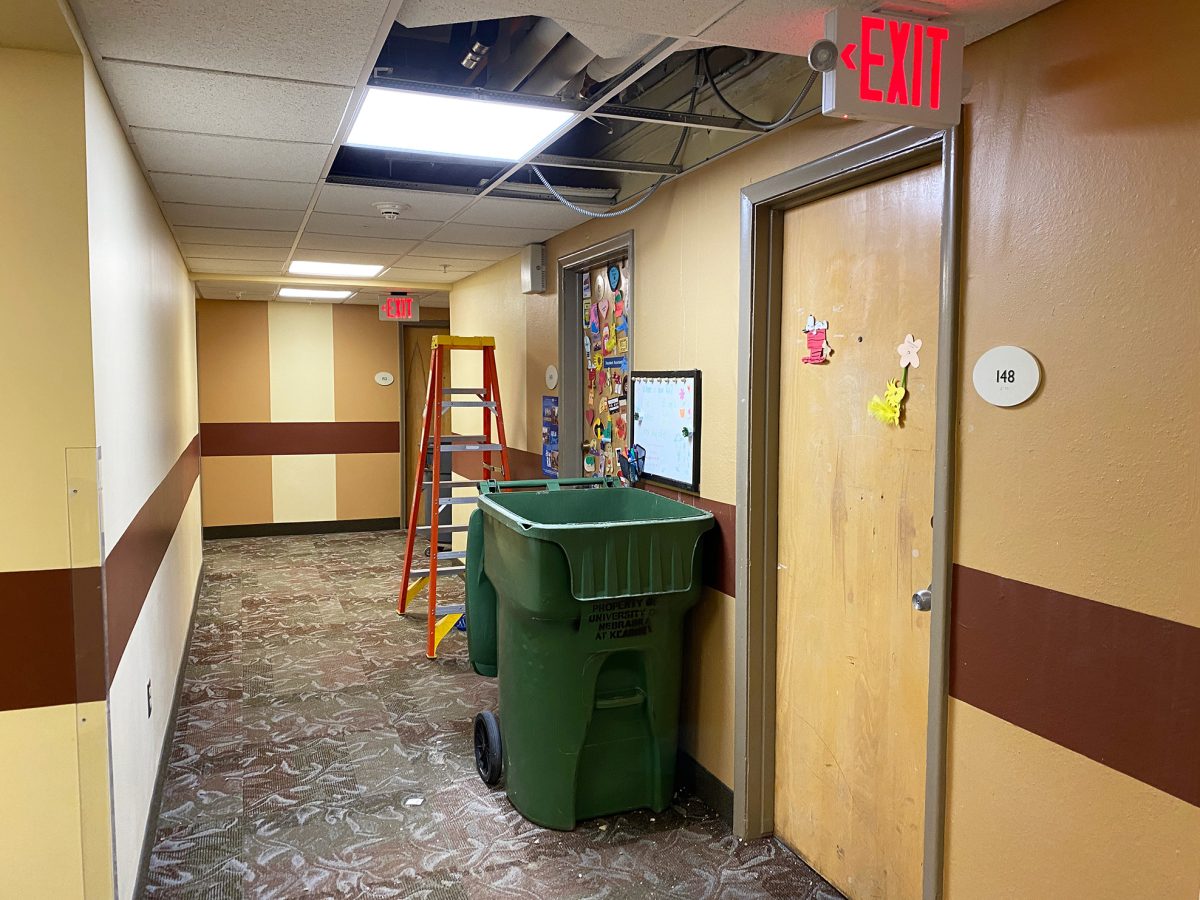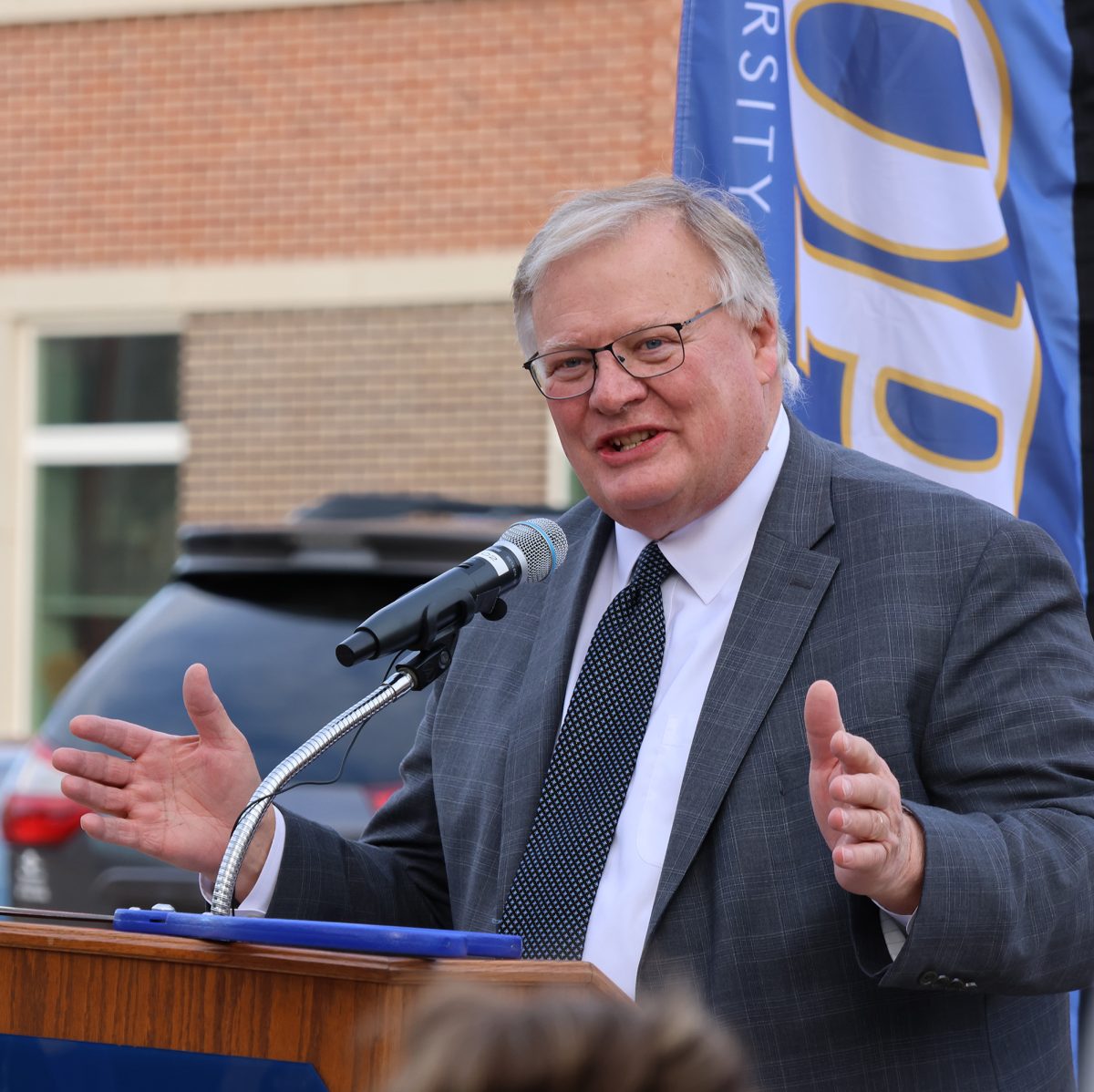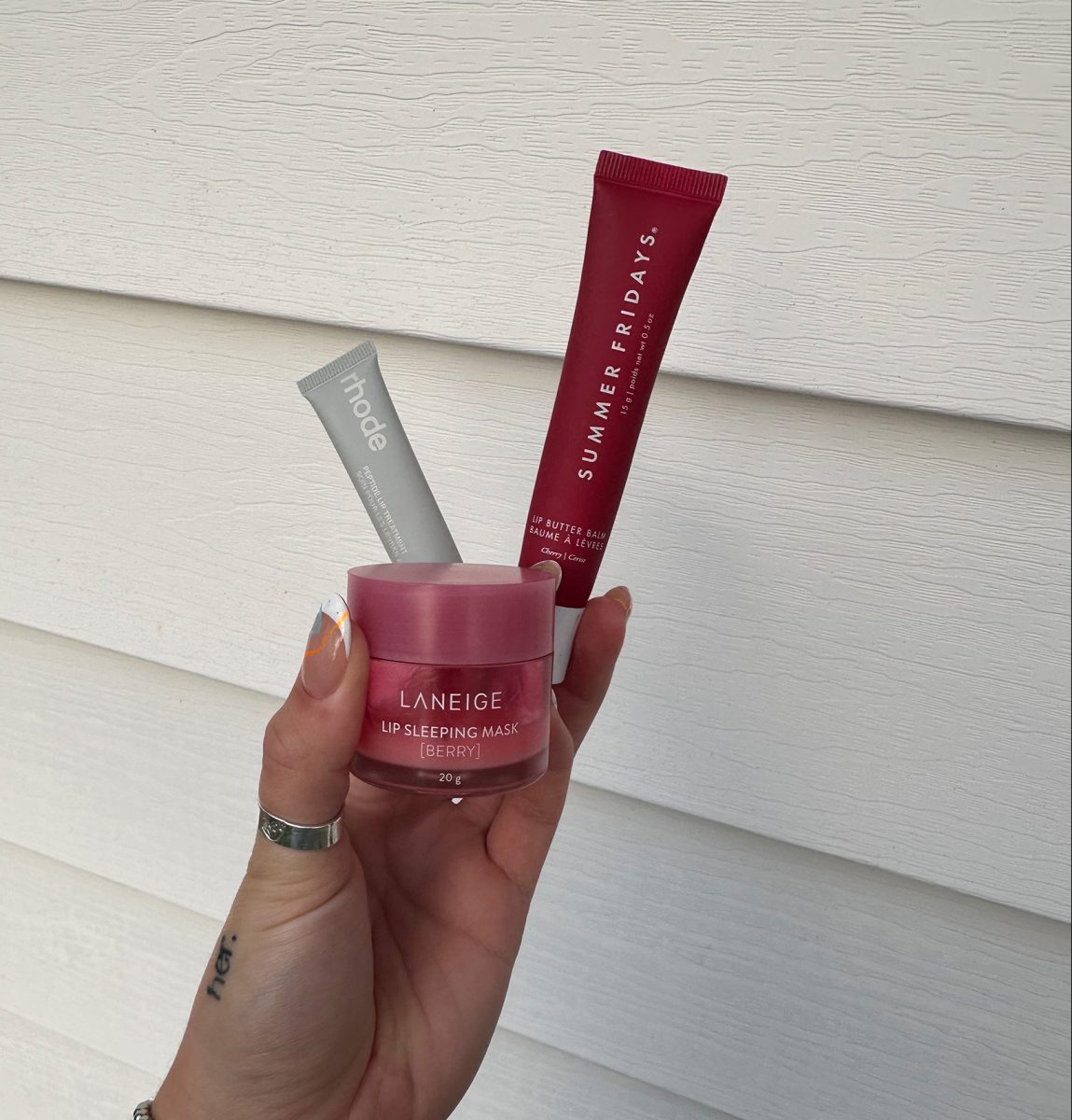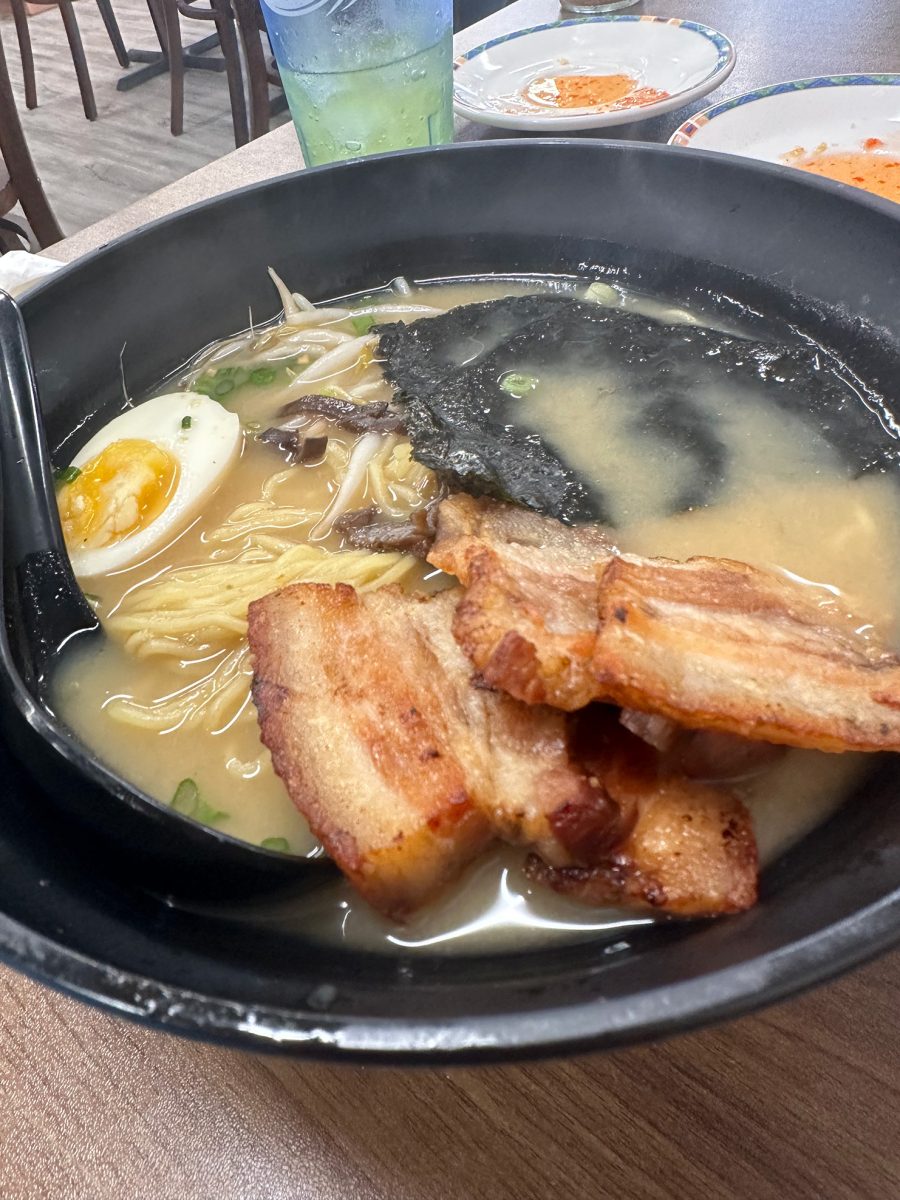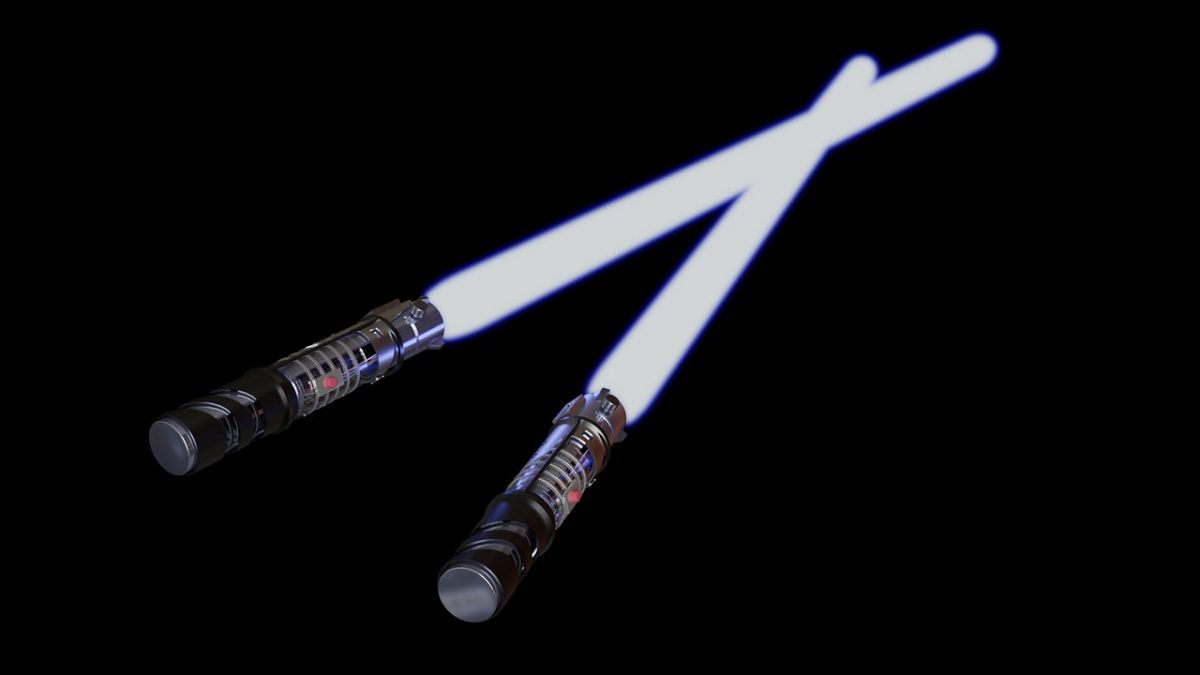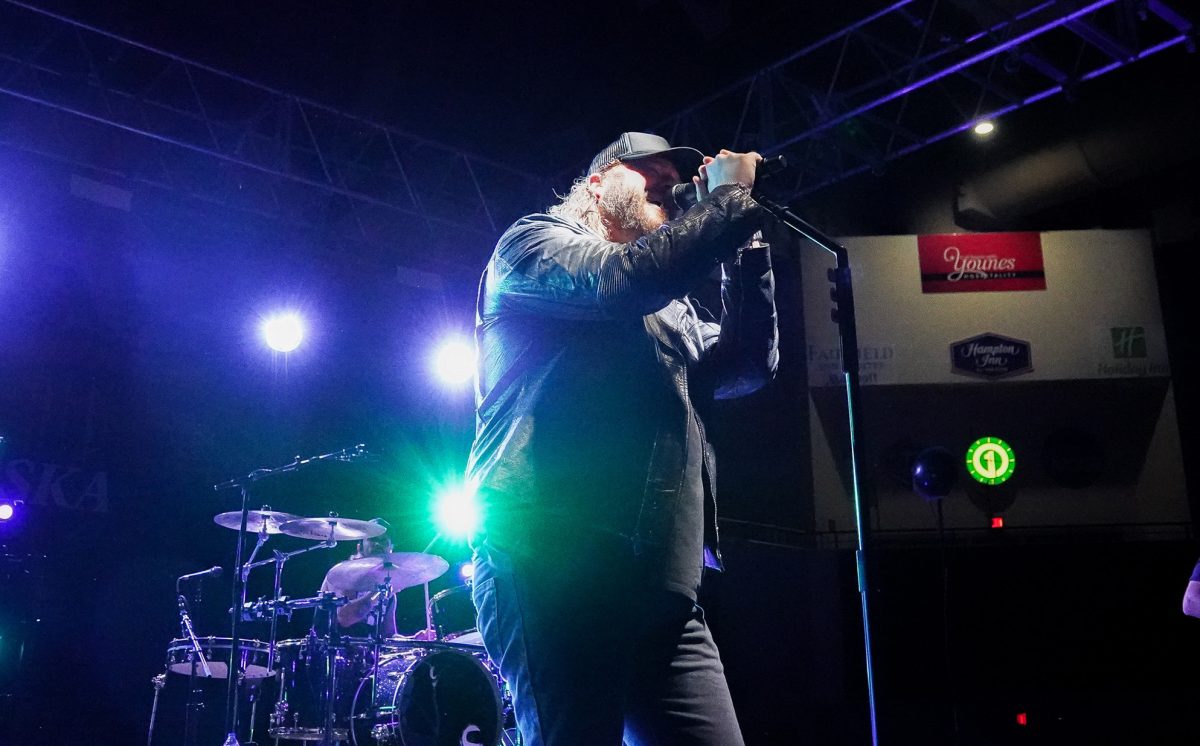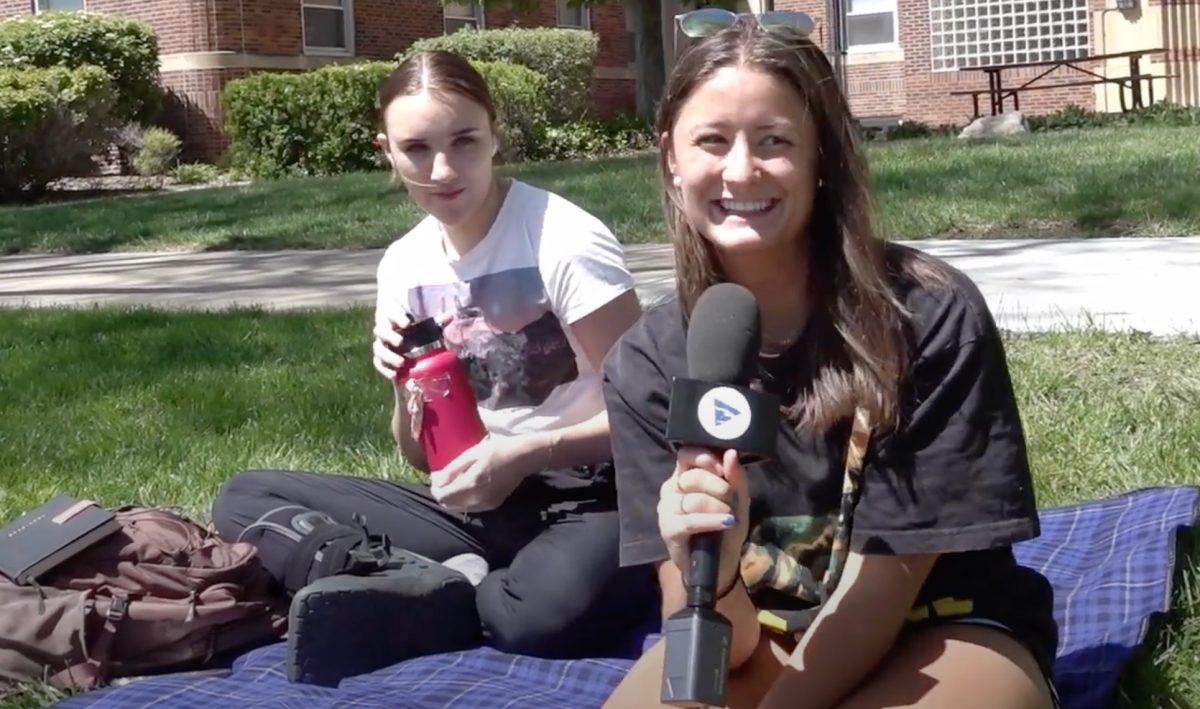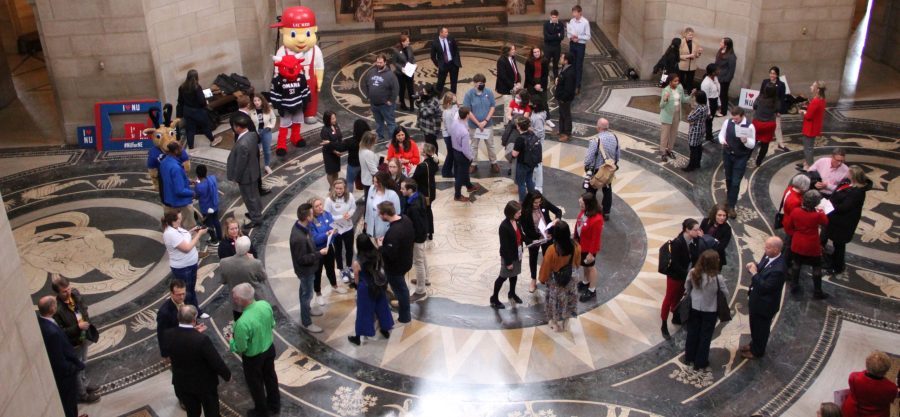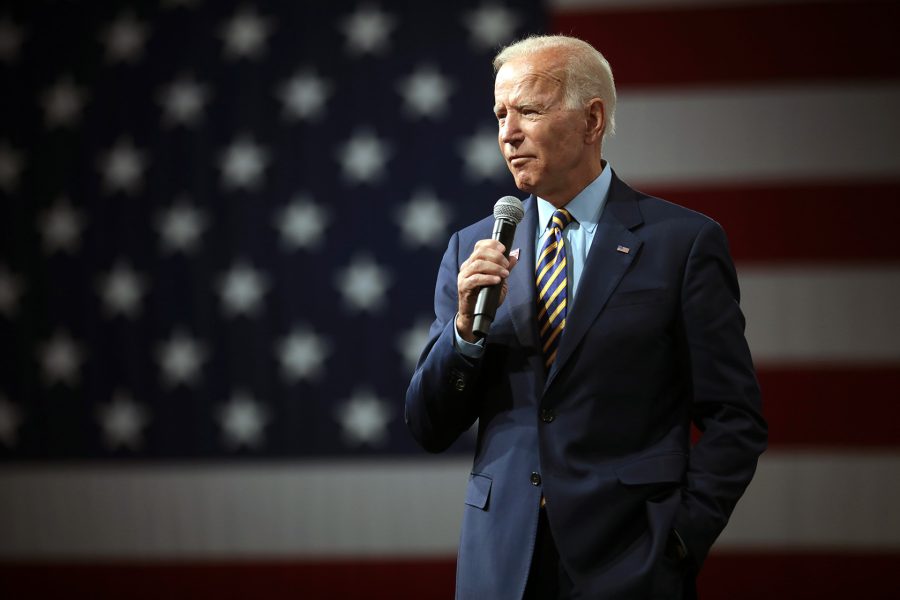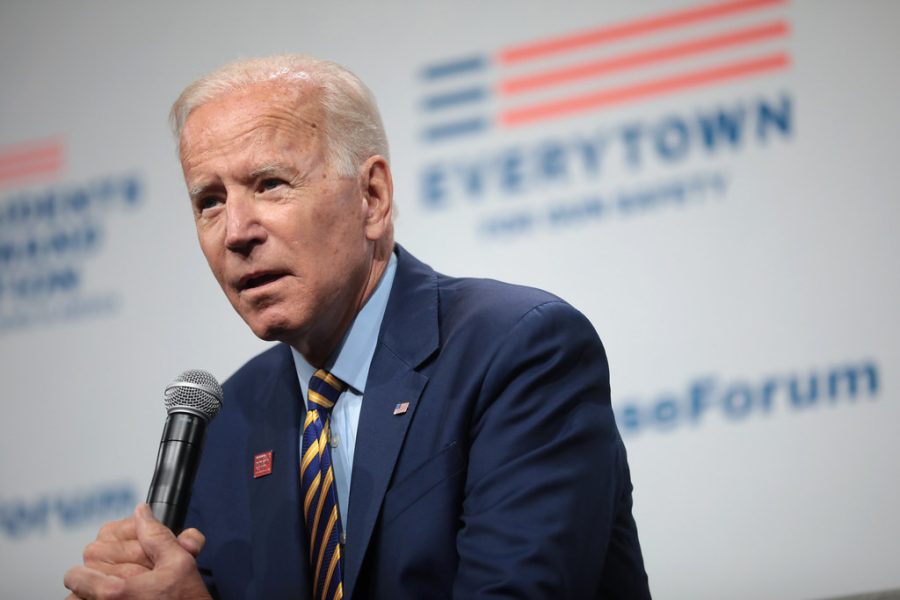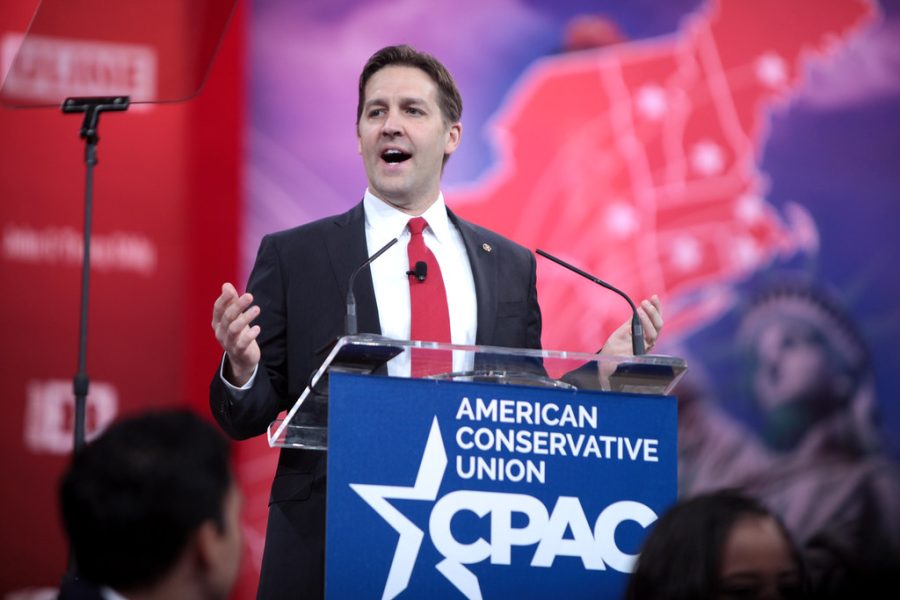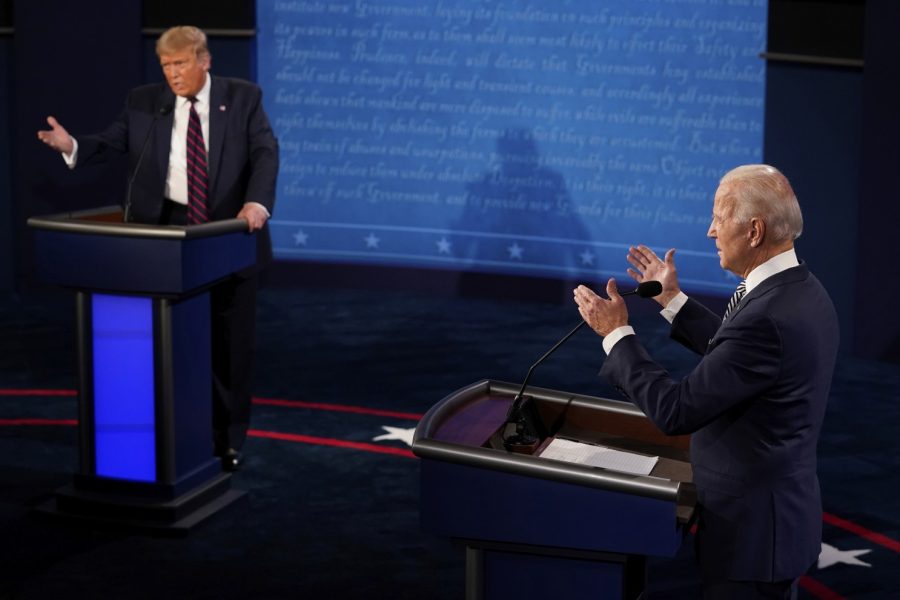conellbt@lopers.unk.edu
Following a report from a whistleblower in the U.S. federal government, the House of Representatives has launched an impeachment inquiry into President Donald Trump.
The landscape of the impeachment inquiry over the past week has been quickly changing as new information is released and to the House. The basis of the inquiry, the whistleblower report, was released on Sept. 26 and has provided insight into what is occuring in the White House.
On July 25, a phone called occurred between President Trump and Ukrainian president, Volodymyr Zelensky. What made this call out of routine was our president pressuring a foreign country to investigate a domestic political rival. After exchanging pleasantries, President Trump used the remainder of the call to solicit interference in the 2020 U.S. election.
Trump asked the Ukrainian leader to do three things:
— Initiate or continue an investigation into the activities of Joseph Biden and his son, Hunter Biden
— Assist in uncovering that allegations of Russian interference in the 2016 presidential elections originated in Ukraine by having the foreign leader and turn over servers used by the Democratic National Committee
— Speak with Rudolph Giuliani and Attorney General Barr for help on these investigations
In doing so, President Trump used the power of his office to pressure the Ukrainian leader. In the memorandum of the call, released by the White House, Trump was remembered saying “I will say that we do a lot for Ukraine. We spend a lot of effort and a lot of time.” While the White House acknowledges this is not a verbatim record of the phone call, it still alludes to the military aid that Congress had appropriated to Ukraine to fight off Russian aggression.
At the time of the phone call, President Trump was holding back the multi-million dollar military aid package to Ukraine.
Trump later brings up reciprocity in that the U.S. has done much for Ukraine, but they hadn’t given back. Trump responds with asking Zelensky to do him a favor and look into the server allegations and into the Bidens. Zelensky agrees to do as Trump has asked.
Impeachment Process
Impeachment of a sitting president is a process outlined in the Constitution. First, the House of Representatives creates an inquiry to gather the information and, if there is evidence, a vote is held. If the House votes for impeachment, the issue is moved to the Senate which acts as a jury. If the Senate finds the evidence substantial, the President can be impeached and removed from office.
“The public plays a huge role [in the impeachment process],” said Dr. Diane Duffin, a professor in the UNK Political Science Department. “It is a part legal process, part political process. Impeachment has to be legitimized by the public.”
Speaker of the House Nancy Pelosi recognizes the fact that impeachment must be legitimized. When House Democrats first called for impeachment under the Mueller Russian investigations, Pelosi held off knowing that she did not have the votes or the public’s support. Seeing more substantial evidence of abuse of power, Pelosi formally announced an inquiry on Sept. 24.
“We take this to be a very sad time for the American people, for our country,” said Pelosi in a press conference.
Impeachment is difficult for both sides of the political aisle. “There is something very anti-democratic about impeachment,” Duffin said. “My hope is we have a rational examination of the evidence, and that is what the House is doing.”
To some, evidence will not matter. About 25 percent of people will support Trump no matter what; another 25 percent of people will want him removed no matter what, added Duffin.
“By definition, impeachment is divisive,” Duffin said. Only time can tell what this inquiry will spell for this presidency.
Overview of Whistleblower Report
Information was received that President Trump was using the power of his office to solicit interference from a foreign country in the 2020 U.S. election. The whistleblower was concerned that these actions pose risks to U.S. national security and undermine efforts to deter and counter foreign interference in U.S. elections
Trump has been involved in pressuring the Ukranian president for personal, political gain
A phone call occured on July 25 with the president of Ukraine and President Trump
Senior White House officials intervened to locked down the verbatim record of the phone call that is customarily produced by the White House Situation Room
Electronic transcript of the call was moved to a separate system otherwise used to store extremely sensitive, classified information
According to the whistleblower classified enclosure, this was not the first time under Trump’s administration that a Presidential transcript was placed into this system for the purpose of protecting politically sensitive information instead of national security sensitive information
Rudolph Giuliani, Trump’s private lawyer, communicated with and traveled to Ukraine on multiple occasions leading up to the phone call
Giuliani openly admitted to the New York Times that “we’re meddling in an investigation, which we have a right to do… There’s nothing illegal about it.”
State Department officials attempted to contain the damage to U.S. national security that Guiliani was causing through his circumvention of national security decision making processes.


